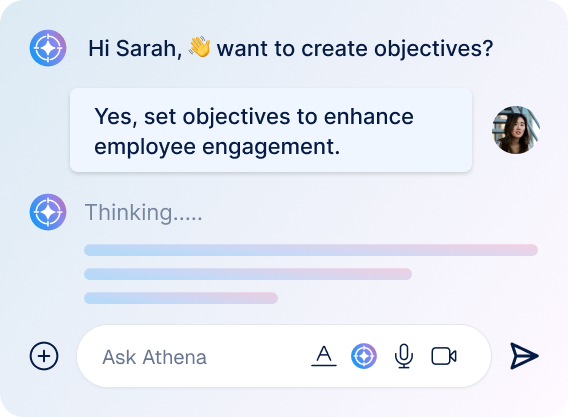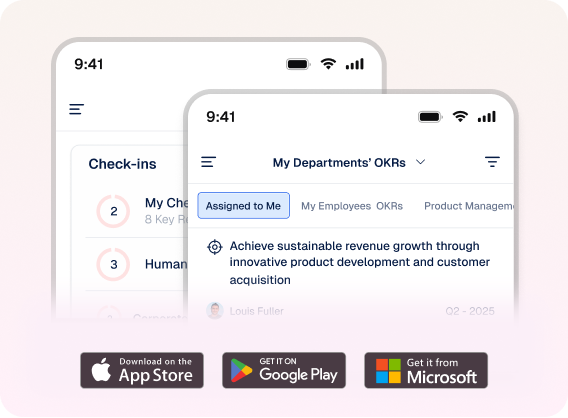Managing tasks takes a lot of effort. It’s important to have the necessary skills to manage tasks so that the team and the company can perform better.
Without task management, it’s easy for things to go awry. It’s easy to procrastinate, or one might bite more than they can chew, end up wasting too much time on things that are not important and overall just end up not being productive at all. The right task management skills allows one to view the team’s tasks from a different perspective which helps with being able to plan ahead.

Following are 6 simple task management tips that can make planning for the future much easier:
1. Create To-do Lists
To-do lists may seem basic. But don’t underestimate how powerful and effective a tool it is. There are to-do list apps that give out reminders and notifications before the due date approaches. There are a lot of free and premium to-do list apps that will help organize a list of things to do.
2. Prioritize tasks
We are all aware that not everything on the to-do list needs to be done right away. Yet, we often find ourselves losing track of what is important at a certain point in time. Setting clear priorities to tasks will further help organize them according to their importance, urgency and effort needed to accomplish them.
3. Schedule tasks
Scheduling tasks is an important task management skill that helps keep the team focused on the task that is at hand. It does take effort to stay on track, though. When there’s a schedule in place and due dates are assigned to tasks, it makes staying on track easier.
4. Be Flexible
Anything can change during the course of a project. The team member might switch projects, the client might make big changes, or there might be a change in market trends. One must bear in mind that more often than not, things do not work out the way we expect them to. And when they don’t, one might need to revisit decisions that were already made. Therefore, it’s important to be flexible.
5. Select a small piece of the task and start there
Select a small piece of the task and start there. Don’t worry about the whole task or the whole project. When a task is broken down into smaller pieces, it seems less daunting and is easier to stay disciplined and get it done. This will give the momentum to keep chipping away at the bigger task bit by bit, until it’s completely done.
6. Think about the reward when the task gets completed. (Or the negative consequences if the task is left incomplete.)
Two great motivators of human behavior are desire and fear.
Sometimes it’s the desire for the rewards of task completion that motivates. Sometimes thinking about the negative consequences of not doing the task as promised can act as the perfect cure for procrastination and as a motivator to spring into action.
In Conclusion
Every professional must know the importance of task management as it plays a huge role in keeping tasks organized which, in turn, keeps moving the project forward. These task management tips require patience and practice to master, but when done right, will help handle tasks more efficiently.
To-do lists provide clarity and structure, making it easier to organize work, remember deadlines, and track progress. Modern apps enhance them with reminders, priorities, and collaboration features.
You can prioritize tasks by evaluating importance, urgency, and required effort. Frameworks like the Eisenhower Matrix (urgent vs. important) can help ensure you focus on high-value work first.
Scheduling tasks prevents procrastination and creates accountability for deadlines. When tasks are tied to specific dates and times, it’s easier to stay on track and avoid last-minute stress.
Flexibility means being able to adapt to unexpected changes, such as shifting priorities, client demands, or new market conditions. It helps teams remain resilient while still moving projects forward.
Digital task management tools and apps provide reminders, real-time updates, collaboration options, and progress tracking, making it easier to manage complex workloads efficiently.
Related Articles
-
Understanding Parkinson Law and Its Impact on Productivity
We all know the drill: “We’ve got plenty of time.” A project, a presentation, a new initiative we give ourselves... Read more
-
Can the Pomodoro Technique Improve Your Productivity and Time Management?
Your to-do list is staring at you. You’re staring back. A silent standoff. You know what needs to get done,... Read more
-
Understanding and Managing Risk Exposure Index (REI)
Risk Exposure is a vital Key Performance Indicator (KPI) in project management. It measures the potential impact of risks by... Read more
-
10 Essential Task Delegation Tips Every Manager Should Know
Ah, delegation—the age-old management dilemma. On one hand, it's the key to unlocking team potential, driving efficiency, and fostering professional... Read more



